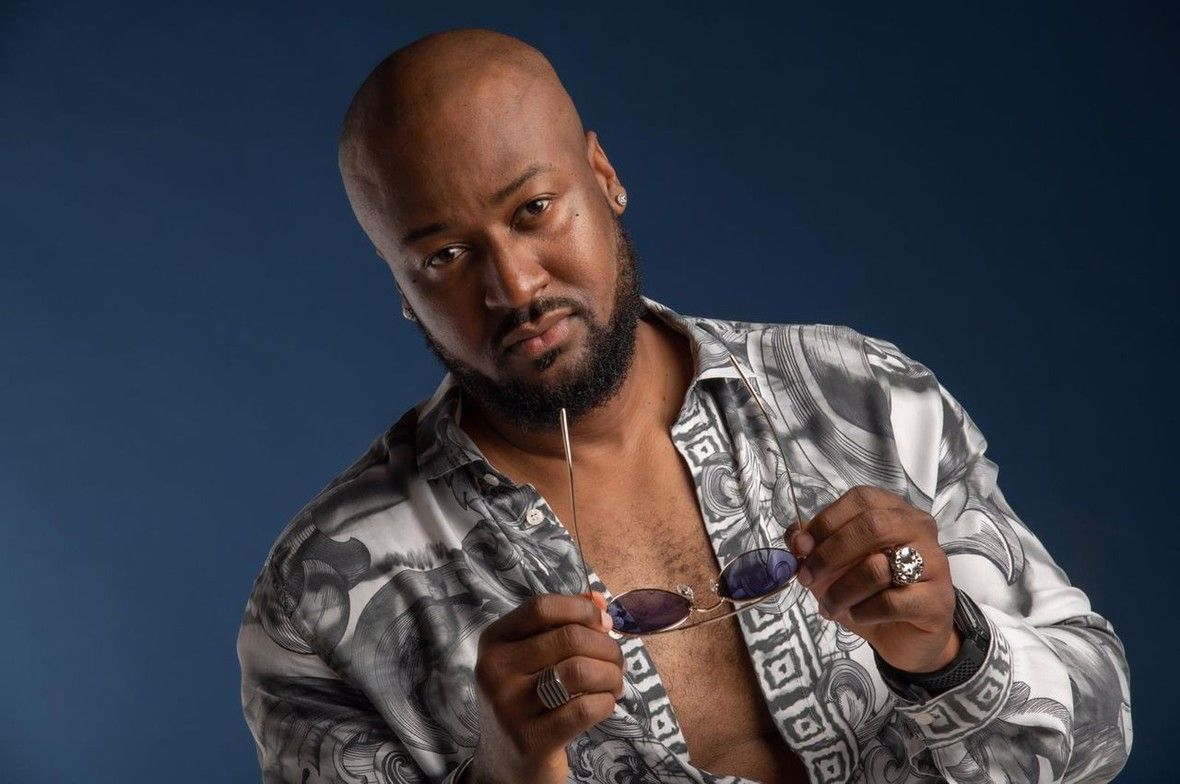From the groovy funk track "They Can't Pull Us Down," the Afrobeats jam "Like Father Like Son," to the Amapiano tune "Anyi no o na- eme," Charles has dabbled in multiple genres. In addition to being multi-genre, he crafts his songs in English, Pidgin, and Italian.
Since his debut in 2020, Charles Onyeabor has used his music to share profound messages about life issues and spread love.
In "Fine Girl," he expressed gratitude towards the women in his life while showering affection on his mother in "Still Your Baby."
Charles has also used his platform to talk about global unity through the Luna-assisted "Black and White" and "We All Need More Love," featuring his constant collaborator, EVRY.
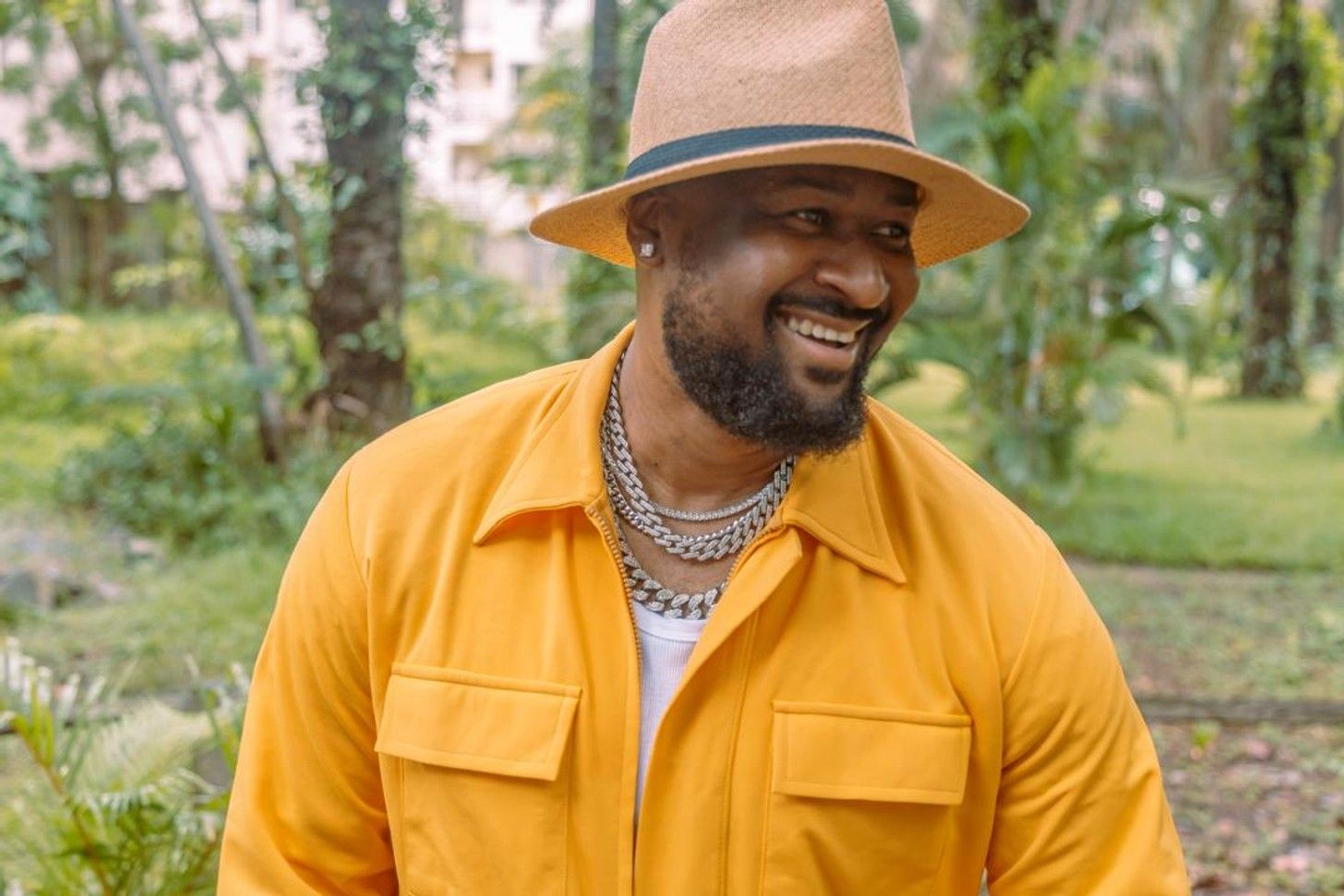
Charles Onyeabor's originality and authenticity have earned him recognition in Europe, Canada, and Nigeria. His single "BYE BYE TO MY EX LOVE" earned a spot on Spotify's Top 100 songs in Nigeria.
Adding to his list of achievements, his tracks "They Can't Pull Us Down" and "Ije Nwoke" were featured on the Canadian-Nigerian crime thriller movie ORAH, a 2024 Canadian Screen Awards nominee.
A stellar live performer, he graced the stage at the Afrobeat Invasion in Germany, which featured performances from popular African acts such as Kenya's Otile Brown and legendary Nigerian duo P-Square.
He also thrilled the audience at the 2023 Sanremo Rock & Trend Festival in Florence, Italy. Further, he was awarded Africa's Diaspora Artist at the 2022 Scream African Women Awards.
Following the release of his single, "Fine Girl," GQ caught up with Charles Onyeabor.
GQ: How has your 2024 been so far?
Charles Onyeabor: I have mostly been planning and strategizing with my team. I am confident that 2024 will be one of my best years.
GQ: You recently released a single titled "Fine Girl." What prompted you to show appreciation to women through a song?
Charles Onyeabor: Without women, we would not exist; they complete us, the men. I cannot imagine a better life without women. Our mothers, sisters, and partners deserve all the accolades and appreciation that come their way.
GQ: As an artist active in the European and African scenes, what does success mean to you?
Charles Onyeabor: Becoming a role model to the millions of people who listen to my music is my definition of success as an artist. It is when my music becomes integral to their lives.
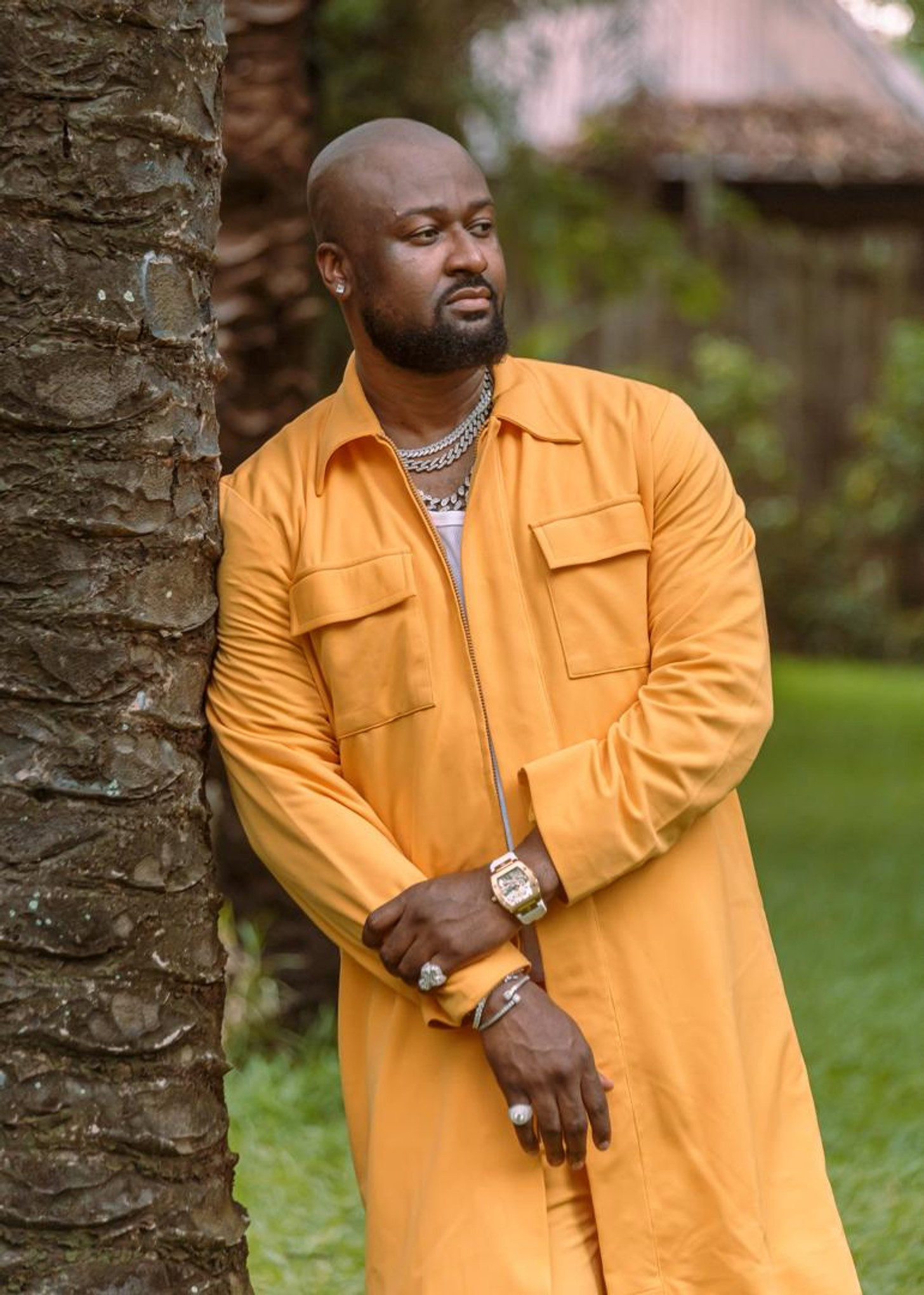
Like when I came across a video of someone getting married and they were dancing to my song, "We Fell in Love on Christmas."
Or when someone reached out to me, saying my song ‘’Loving Till the End’’ gave her goosebumps. That is success to me. Should I continue?
GQ: How do you balance paying homage to your father's legacy while establishing your identity as an artist?
Charles Onyeabor: I try to be myself above all and carefully analyze the decisions I make for my music. 'Would my father want me to execute this idea if he were alive?'
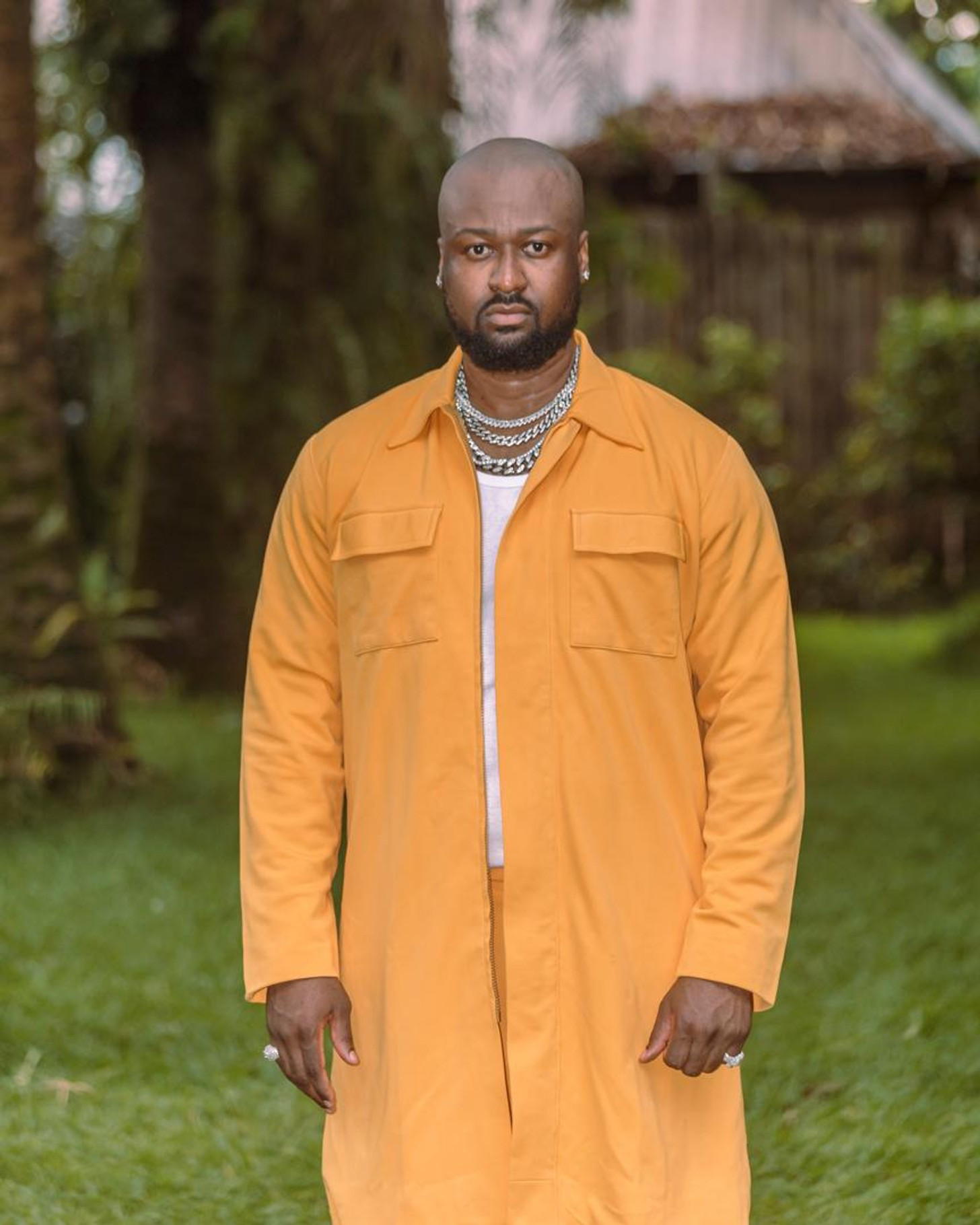
That question has been my guide to date. I have written songs I might never release because my father would disapprove of them. Let us remember that I am also his legacy.
GQ: Can you share the challenges you faced due to racial discrimination, particularly during your transition from Nigeria to Italy?
Charles Onyeabor: Before I share the details, I would love to put out a disclaimer that not all Italians are racist. I have met a lot of friendly and accommodating Italians. In Italy, I faced racism due to my skin color and my birth country, Nigeria.
A memorable incident about my skin color was getting stopped by the cops, who asked for my resident permit and car documents.

After presenting my ID and car documents, he insisted on my resident permit without making an effort to check the details on my ID. He called for backup, and his colleague, who arrived later, also asked for my resident permit, stating that as an immigrant, my ID was not enough.
After repeatedly insisting I was Italian, they finally checked the details of my ID, which clearly stated I was Italian. I still remember the embarrassment on their faces, but they later apologized.
There is also a tier of Italians who are more comfortable interacting with Black Americans than Black Africans. I once had an English conversation with an Italian.
During our chat, he asked which part of the United States I was from, to which I clarified Nigeria. He looked at me in disgust and said, 'Africa?' He stood up and left without saying another word after I confirmed I was African.
GQ: Have you encountered moments in your career where you had to confront racial biases or stereotypes within the music industry?
Charles Onyeabor: I have not faced any form of racism in both the Italian and Nigerian music industries, and I hope it stays that way.
GQ: What motivated you to participate in "Una Voce per San Marino" in 2022?
Charles Onyeabor: I was at the initial stage of my career and needed to get used to the stage. I was shy and had difficulties performing in front of a crowd.
And I must say, it made a change in my career. A big shout out to Giordano Tittarelli, who encouraged me.
GQ: You performed at the Sanremo Rock & Trend Festival at the Hard Rock Cafe in Florence, Italy, and the Afrobeat Invasion in Germany alongside P-Square. How do you adapt your music and stage presence to different audiences and venues?
Charles Onyeabor: I start by studying my audience and venue before the performance. Gather information about their musical preferences.
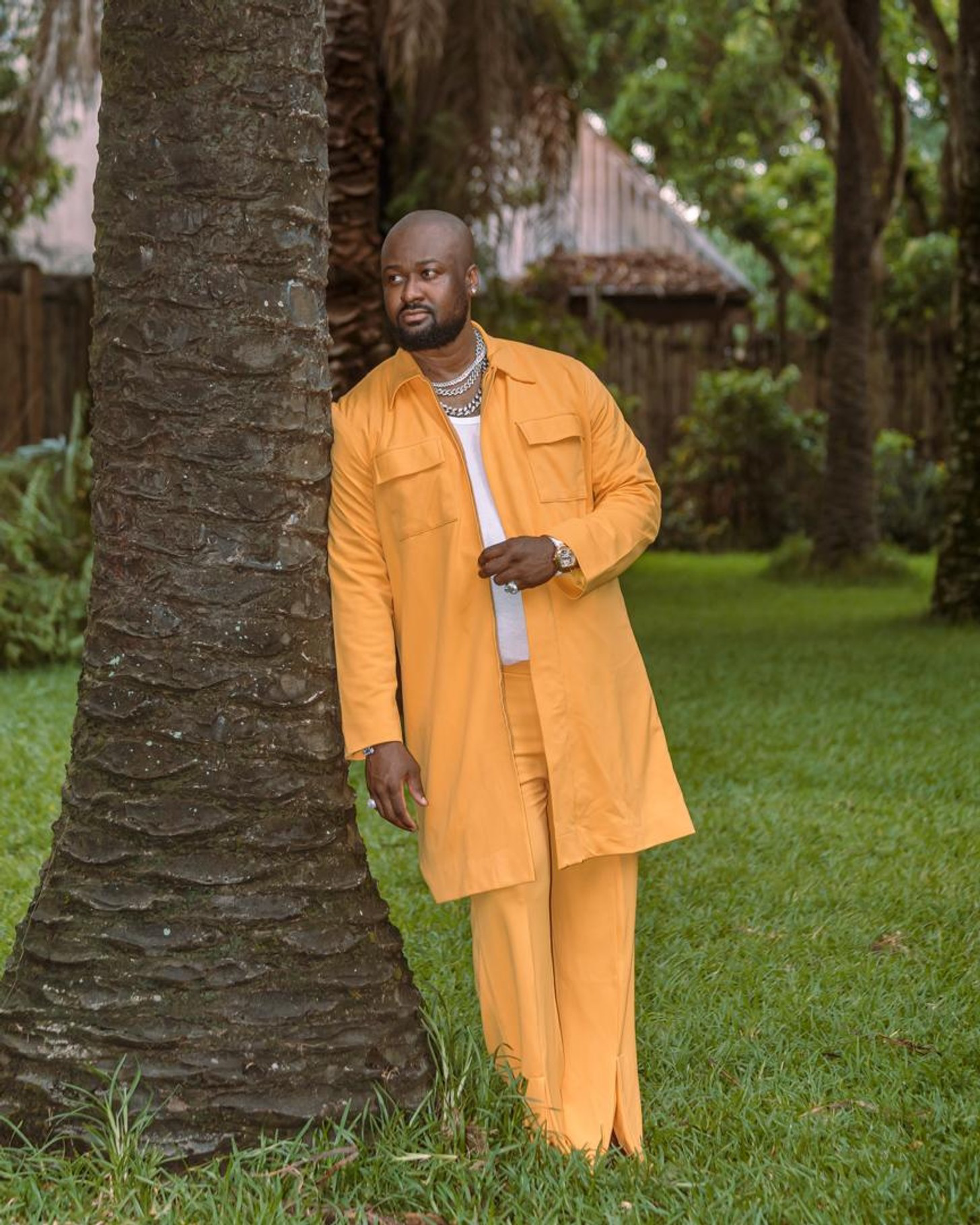
This will help me understand their musical tastes. But my rule as a performer is to have fun and it will automatically resonate with the people.
GQ: Are there any artists in Nigeria and Italy that you would love to work with?
Charles Onyeabor: There are several fantastic artists in Nigeria and Italy I want to work with, but I would not want to disclose them. Let some parts of my journey be a surprise to my fans. I find it exciting.
GQ: What can fans expect from you this year?
Charles Onyeabor: An EP, official videos, collaborations, stage performances, and personal shows are coming to a city near you.
